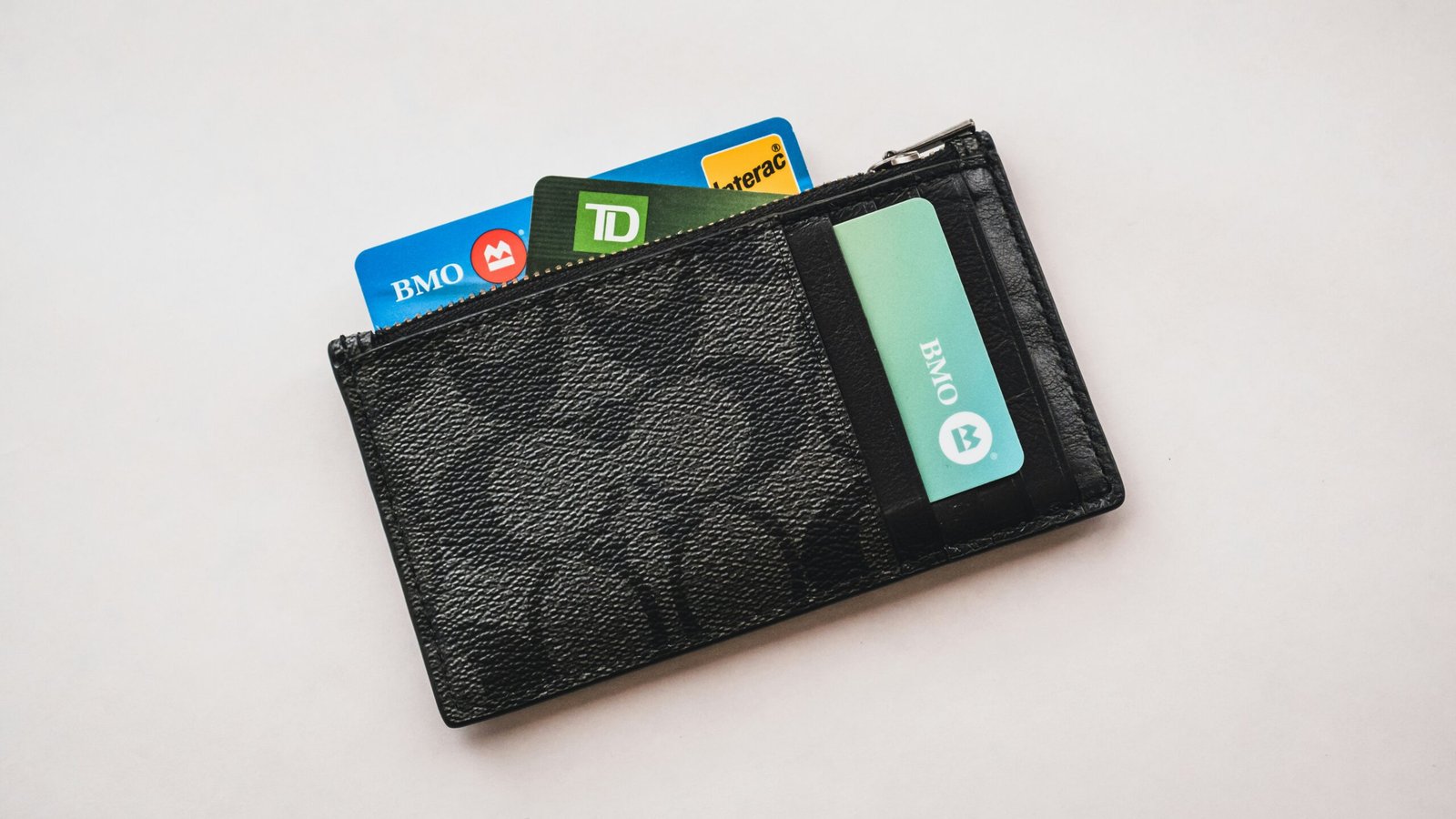
When it comes to trading and storing cryptocurrencies, security should be your top priority. With the increasing popularity of cryptocurrencies, the need for secure wallets has become more important than ever. In this article, we will explore some of the best wallets available for secure crypto trading storage.
1. Hardware Wallets
Hardware wallets are considered one of the most secure options for storing cryptocurrencies. These wallets store your private keys offline, making them less vulnerable to hacking attempts. Some of the best hardware wallets in the market include:
- Trezor: Trezor is a popular hardware wallet known for its top-notch security features. It supports a wide range of cryptocurrencies and offers a user-friendly interface.
- Ledger Nano S: The Ledger Nano S is another highly recommended hardware wallet. It is compact, easy to use, and supports a wide range of cryptocurrencies.
- KeepKey: KeepKey is a sleek and secure hardware wallet that offers a simple setup process and supports multiple cryptocurrencies.
2. Software Wallets
Software wallets are digital wallets that can be installed on your computer or smartphone. While they are convenient to use, they are more susceptible to malware and hacking attempts compared to hardware wallets. However, if you take the necessary precautions, software wallets can still provide a secure storage solution. Here are some of the best software wallets:
- Exodus: Exodus is a popular software wallet that offers a user-friendly interface and supports a wide range of cryptocurrencies. It also has built-in exchange features.
- Electrum: Electrum is a lightweight and secure software wallet that is compatible with multiple operating systems. It allows you to have full control over your private keys.
- Atomic Wallet: Atomic Wallet is a decentralized software wallet that provides enhanced security and privacy features. It supports over 500 cryptocurrencies.
3. Paper Wallets
If you prefer a more old-fashioned approach, paper wallets can be a secure option for storing your cryptocurrencies. A paper wallet is essentially a physical printout of your public and private keys. It is important to generate a paper wallet in an offline environment to ensure maximum security. While paper wallets are secure, they can be easily damaged or lost, so it’s crucial to keep them in a safe place.
4. Online Wallets
Online wallets, also known as web wallets, are wallets that are accessible through a web browser. While they are convenient, they are generally considered less secure compared to hardware or software wallets. However, reputable online wallets can still provide a reasonable level of security. Some popular online wallets include:
- MetaMask: MetaMask is a browser extension wallet that allows you to interact with decentralized applications (dApps) securely. It is compatible with popular web browsers like Chrome and Firefox.
- MyEtherWallet: MyEtherWallet (MEW) is a popular online wallet for storing Ethereum and ERC-20 tokens. It allows you to generate and manage your private keys securely.
- Trust Wallet: Trust Wallet is a mobile-based wallet that offers a simple and secure way to store a wide range of cryptocurrencies. It also supports decentralized exchanges.
Remember, regardless of the type of wallet you choose, it is essential to follow best practices for crypto security. This includes enabling two-factor authentication, regularly updating your wallet software, and keeping your private keys safe and secure.
In conclusion, the best wallets for secure crypto trading storage include hardware wallets, software wallets, paper wallets, and online wallets. Each type of wallet has its own advantages and considerations, so it’s important to choose the one that best fits your needs and preferences. By taking the necessary precautions and following security best practices, you can ensure the safety of your cryptocurrencies while trading.
